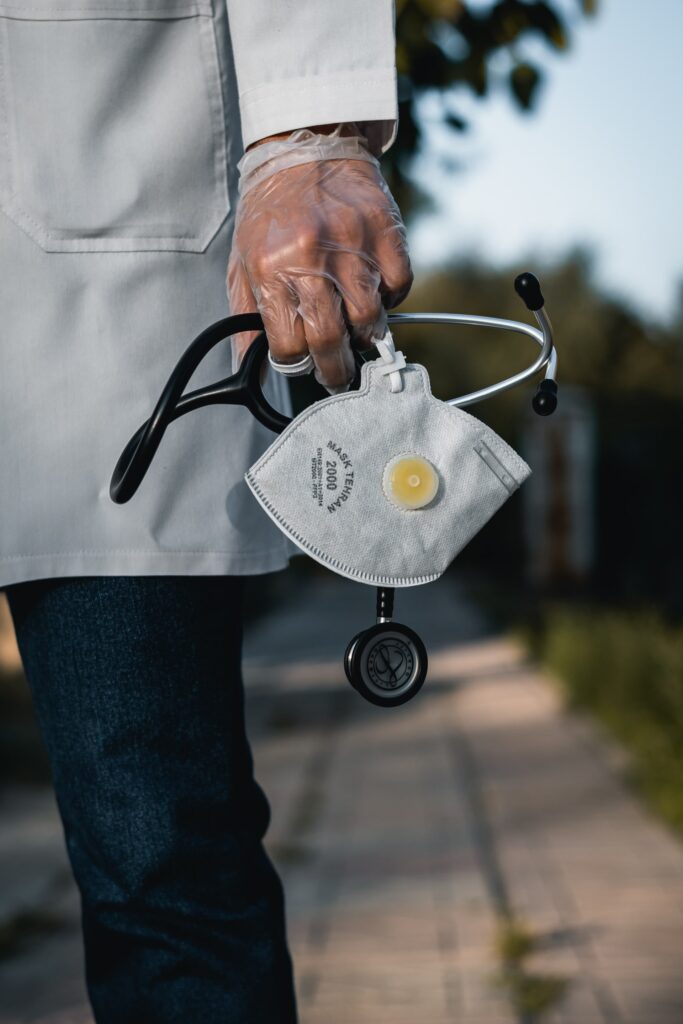
When it comes to urology treatment, there are a number of factors that come into play, suggests Dr Erik Goluboff. The type of treatment you receive will depend on the severity of your condition and the underlying cause. In this blog post, we will discuss the top 10 factors that affect your urology treatment. Keep reading to learn more!
Here Are The Top 10 Factors That Affect Your Urology Treatment:
1. Your Age: Your age can play a role in determining the type of treatment you receive. Older patients may require different medications than younger patients, as their bodies may have different responses to certain treatments.
2. Severity of Condition: The severity of your condition will dictate which type of treatment is necessary for you. For example, if you are dealing with a minor urinary tract infection, then antibiotics may be all that is needed; however, if you are dealing with a more serious kidney or bladder condition, then surgery may be required.
3. Underlying Causes: In some cases, there may be an underlying cause behind your urological condition. This could include a genetic predisposition, a chronic medical condition, or even an environmental factor. It is important to identify the underlying cause of your condition so that you receive the most effective treatment.
4. Family History: Your family’s history of urological conditions can be an important factor in determining your treatment. If there are any genetic conditions that run in your family, then it is important for your doctor to know about them in order to provide you with the best care possible.
5. Medication: The medications you are taking can also play a role when it comes to urological treatments. Some medications may interact with certain treatments, while others may not be as effective at treating certain conditions. Be sure to inform your doctor of all medications that you are taking before beginning any type of urology treatment.
6. Diet and Exercise: Your diet and exercise habits can have a major impact on many aspects of your health, including urological issues. Eating a healthy, balanced diet and exercising regularly can help to reduce the risk of developing certain types of urological conditions.
7. Allergies: If you suffer from any allergies or sensitivities to certain substances, then it is important to let your doctor know so that they can choose treatments that will not cause a reaction in you.
8. Alcohol Consumption: Excessive alcohol consumption can increase the risk of developing various types of urological issues; therefore, it is important to take this into account when discussing treatment options with your doctor.
9. Smoking: Smoking can also increase the risk of developing various urological conditions, so it is essential that you quit if you are a smoker.
10. Stress Levels: Stress can have a major impact on both physical and mental health, including urological issues. It is important to find ways to reduce stress levels in order to improve your overall health.
When it comes to receiving effective urology treatment, all of these factors should be taken into consideration by both yourself and your doctors in order to ensure that you get the best care possible for your specific condition. Keep these points in mind as you embark on your journey to better urological health!